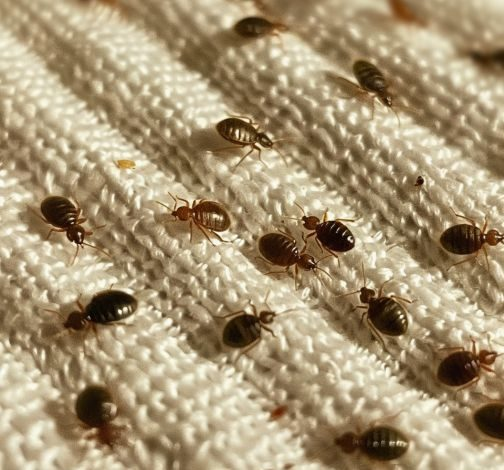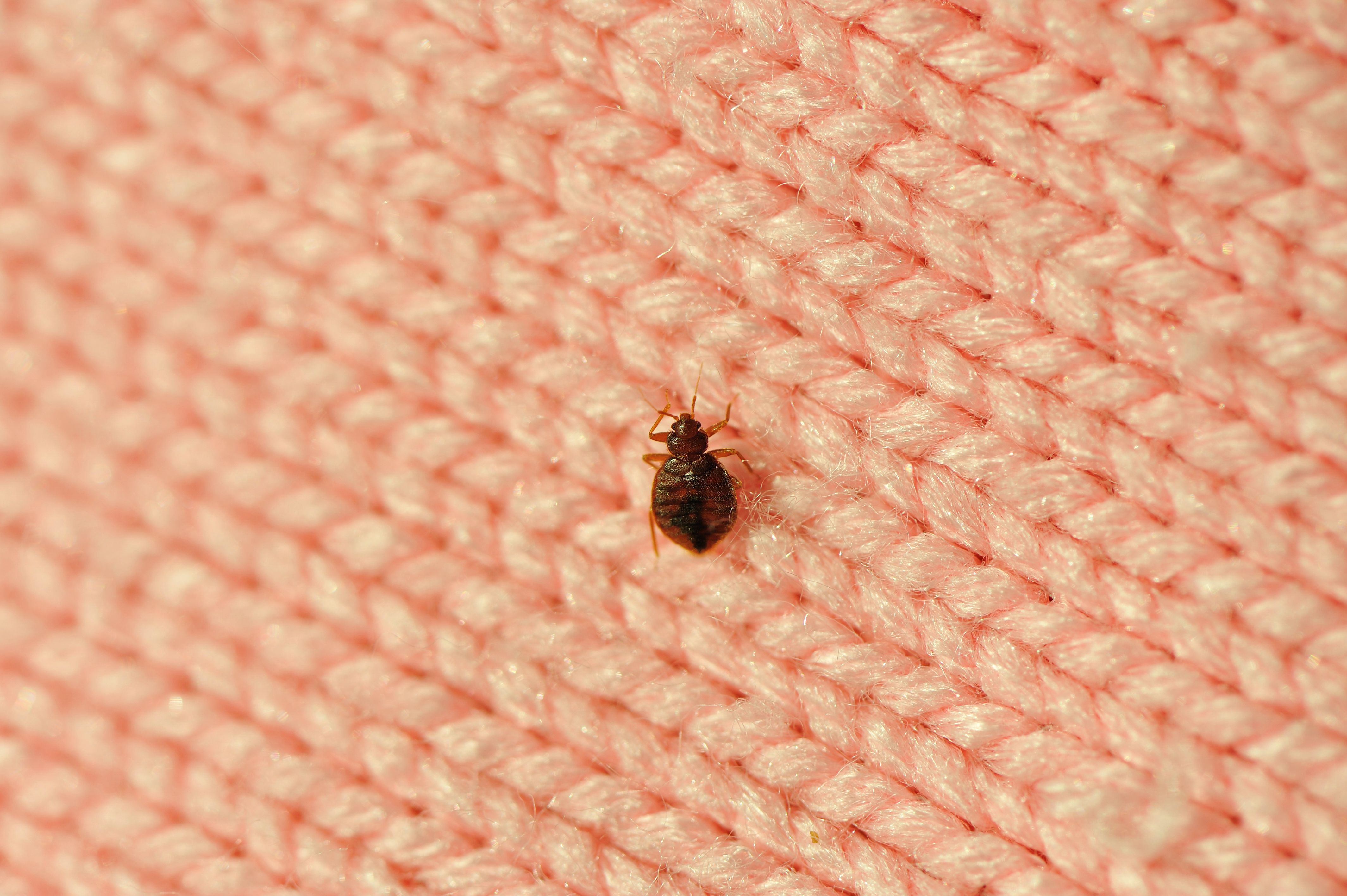Waking up to mysterious itchy bites can be incredibly frustrating, especially when you have no idea where they’re coming from. You might first suspect fleas, but when that isn’t the case, it’s easy to feel stumped. So, what else could be biting you during the night? Understanding the possible culprits is the first step to reclaiming your peace of mind (and sleep). In this article, we’ll explore various sources of nighttime bites and how to address them effectively.
Bed Bugs: The Silent Nighttime Stalkers

One of the most common sources of nighttime bites is bed bugs. These tiny pests are notorious for their stealthy habits, feeding on human blood while you sleep.
How Bed Bugs Operate
Bed bugs are small, reddish-brown insects that hide in mattress seams, bed frames, and furniture during the day. They come out at night, drawn by the warmth and carbon dioxide we emit while sleeping. Their bites typically appear as small, red welts, often in clusters or lines on exposed skin. If you suspect bed bugs, inspect your bedding for signs like tiny bloodstains, shed skins, or dark droppings.
Getting Rid of Bed Bugs
Bed bug infestations can be challenging to handle. Start by washing your bedding and clothing in hot water, then dry on high heat. Vacuum your mattress, box springs, and surrounding areas thoroughly. If the infestation persists, consider calling a professional pest control service, as bed bugs can be incredibly resilient.
Mites: The Invisible Irritants
Mites are another potential cause of unexplained bites or itchy skin, and there are several types to be aware of, each with distinct characteristics.
Dust Mites and Allergic Reactions
Dust mites are tiny creatures that feed on dead skin cells. While they don’t bite, they can trigger allergic reactions in some people, resulting in itchy, irritated skin or respiratory symptoms. Dust mites thrive in bedding, upholstery, and carpets.
To reduce dust mites, regularly wash bedding in hot water, use mattress and pillow encasements, and maintain low humidity levels in your home.
Scabies Mites: A Serious Problem
Unlike dust mites, scabies mites burrow into the skin to lay their eggs, causing intense itching and a rash. Scabies is a medical condition that requires prompt treatment with prescribed medications to kill the mites and relieve symptoms. If you suspect scabies, consult a healthcare professional for an accurate diagnosis and treatment plan.
Mosquitoes: Persistent Nighttime Biters
Mosquitoes can easily find their way indoors, especially during warmer months. These insects are attracted to body heat, carbon dioxide, and certain odors, making them a common cause of nighttime bites.
How to Keep Mosquitoes Away
To prevent mosquito bites, use insect repellent before bedtime, especially if you live in a mosquito-prone area. Installing window screens and using mosquito nets around your bed can also help keep these pests at bay. Additionally, remove any standing water around your home, as it serves as a breeding ground for mosquitoes.
Other Insects That May Be Biting You
While bed bugs, mites, and mosquitoes are the usual suspects, other insects can also cause nighttime discomfort.
Spiders: Uncommon but Possible
Although spider bites are rare during sleep, they can happen if a spider feels threatened or trapped in bedding. Spider bites typically appear as single, large red welts with a central bite mark.
To prevent spider encounters, regularly clean and declutter your bedroom, shake out your bedding, and remove any webs you come across.
Ants, Beetles, and Other Crawlers
Occasionally, ants, beetles, or other bugs might find their way into your bed, especially if there’s food or clutter nearby. Cleaning your bedroom thoroughly, removing food, and sealing any cracks or crevices in walls or windows can help keep these insects out of your sleep space.
Skin Conditions That Can Mimic Bites

Sometimes, itchy spots or rashes are not caused by insects at all but by skin conditions that mimic bite marks.
Dermatitis and Allergies
Dermatitis, a general term for skin inflammation, can cause itchy, red patches that resemble insect bites. It can be triggered by allergies, irritants, or even stress. Allergies to certain fabrics, laundry detergents, or skincare products can also lead to skin reactions that may be mistaken for insect bites.
If you suspect a skin condition is causing your symptoms, consult a dermatologist for an accurate diagnosis and treatment plan.
How to Investigate and Identify the Source of the Bites
Identifying the source of your nighttime bites requires a thorough investigation of your environment. Here are some steps to help you determine the culprit:
Inspect Your Bedding and Bedroom
Start by inspecting your mattress, box springs, and bed frame for signs of bed bugs or other insects. Look for small droppings, shed skins, or tiny bloodstains on the sheets. Use a flashlight to search for hidden pests in cracks and crevices around your bed.
Wash and Clean Regularly
Regularly wash your bedding, pillowcases, and even stuffed animals in hot water. Vacuum your mattress and surrounding areas thoroughly to eliminate potential hiding spots for pests.
Maintain a Clean and Clutter-Free Environment
Pests often thrive in cluttered spaces, so maintaining a clean, organized bedroom can reduce the risk of infestations. Seal any gaps or cracks in walls, windows, and floors that might allow insects to enter.
Use Preventative Measures
Consider using encasements for your mattress and pillows to prevent pests from infesting your bed. If mosquitoes are a concern, use mosquito nets, window screens, or insect repellents to minimize bites.
Conclusion: Reclaiming Your Bite-Free Sleep
Waking up to itchy bites is never pleasant, but identifying the source is the first step to restoring your sleep sanctuary. By considering possible culprits like bed bugs, mites, mosquitoes, or even skin conditions, you can take targeted action to address the issue. Implementing preventative measures and maintaining a clean environment can help you enjoy peaceful, uninterrupted sleep once again. Don’t let these uninvited guests rob you of a good night’s rest—start reclaiming your bite-free sleep today!


